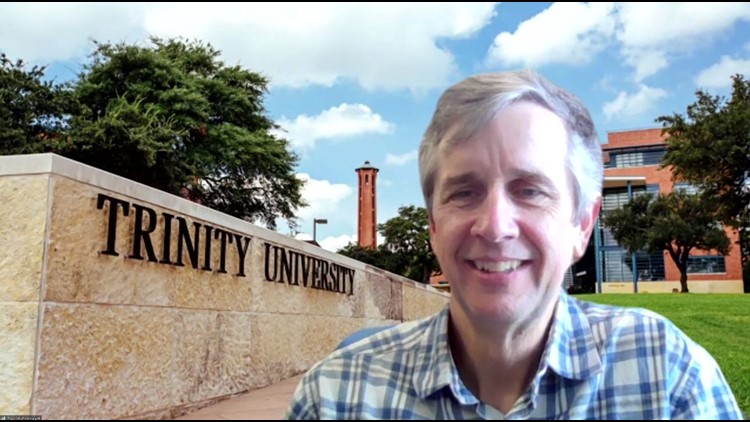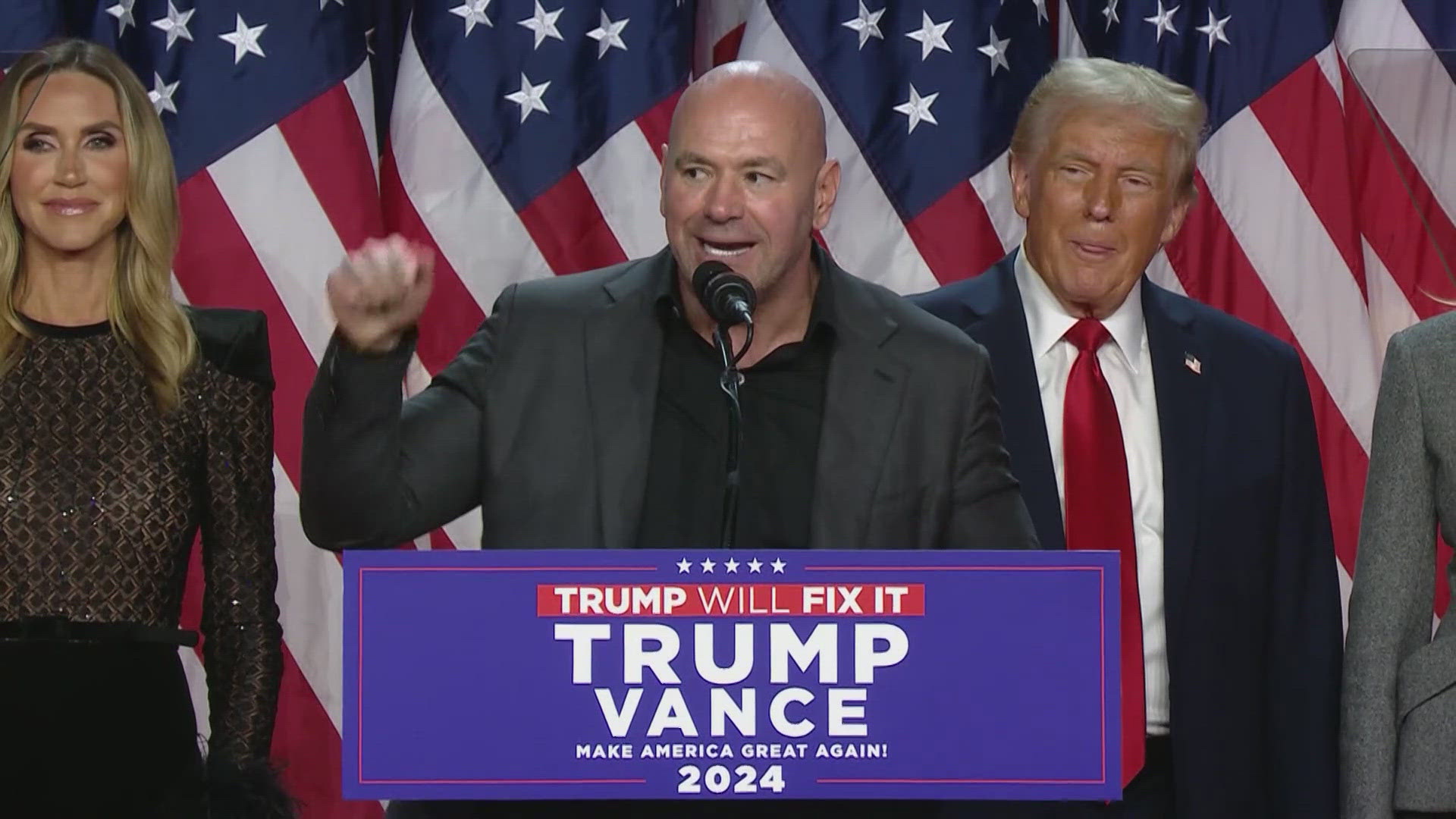SAN ANTONIO — The first thing you'll probably notice about David Crockett, a political science expert who teaches at Trinity University, is his name. He knows it, too. Check out his faculty page on the university's website, and you'll see that he begins by clearing things up: "I am not a direct descendant, but I am a first cousin five times removed.
"And I give great tours of the Alamo."
While the Texas native is a confident guide to one of the state's most well-known landmarks, KENS 5 is also tapping him to help us navigate this year's election as the presidential race hits the homestretch. Though the Lone Star State is historically one that Republican contenders for the Oval Office can count on (Texans haven't voted for a Democratic contender since Jimmy Carter in 1976), tight October polling and an early voting surge has led to speculation over whether it can become a surprise battleground state—and potentially help turn the tide on Nov. 3.
"We know what the battleground states are, some of these are the usual suspects," Crockett told KENS 5. "But we also know that some states that haven't been battleground states look like they're closer than they were four years ago. So as those states start coming in...(and) as they fall down into the red or blue column, we might get a good idea of how this is going if they tend to fall in one direction."
However, as a contentious presidential campaign winds down, Crockett says there's also the possibility that we may not know who between Donald Trump and Joe Biden is the victory on election night. Essentially, the closer the vote totals are, the bigger the role mail-in ballots will play.
And while early votes can be counted as swiftly as Election Day ballots, a result from ballots that are mailed in would take days to calculate. If the difference between Biden and Trump is smaller than the amount of mail-in ballots, the suspense will extend beyond Nov. 3.
"The larger the number of mail-in ballots, the potentially longer it will be before we know (the result), because we'll need to count them if they make a difference," Crockett said. "But that's assuming a really close election, and there's an argument to be made that, if this edges in favor of Biden just a little bit – if Florida falls (his direction) and North Carolina falls – we're done. And I think we'll know fairly early."
Close numbers in Texas, whose 38 electoral votes is second-highest in the country, may also signal the state as the one to potentially cement a victory or stretch the drama.
Crockett's expertise has bloomed over the years from an interest in political science that first sprouted in high school. Specifically, he traces his attraction to the subject to a key moment in international diplomacy 40 years ago.
"In many ways you can blame the Iranian Hostage Crisis for why I got interested in presidential politics," he said.
That interest evolved into his undergraduate focus and then, after serving in the U.S. Army, a graduate-school emphasis at the University of Texas in Austin.
"It was there that I realized I enjoyed studying this, I enjoyed talking to students about it and I found that I enjoy teaching it as well," he said. "I've been doing the same kind of thing for 20-plus years now. But it's always a new group of students for whom this material is new, and I find that invigorating and renewing and it always keeps it interesting for me as well."
David Crockett, along with UTSA professor Sharon Navarro, will be part of the KENS 5 Election Special, airing Thursday night at 7 p.m.



